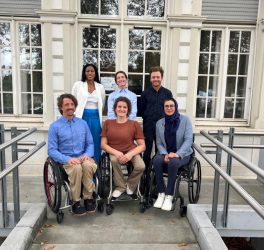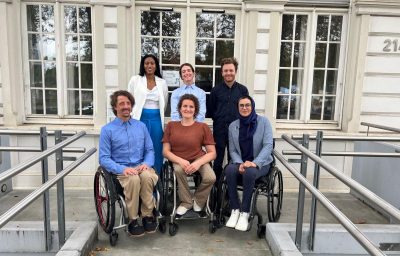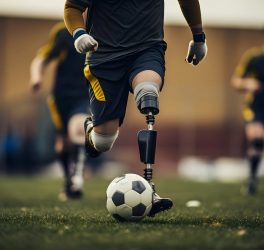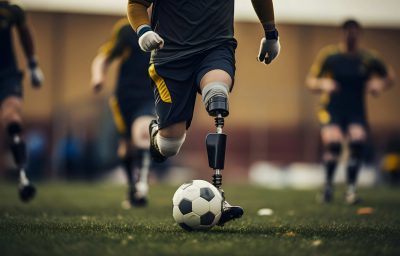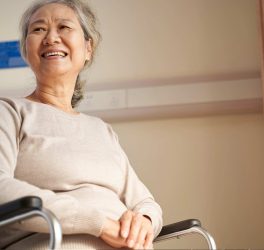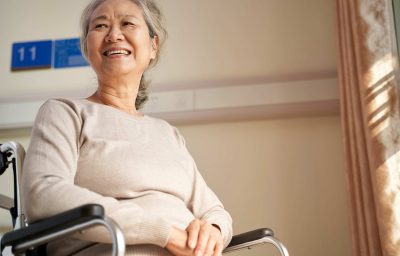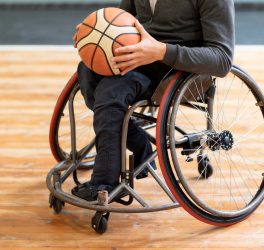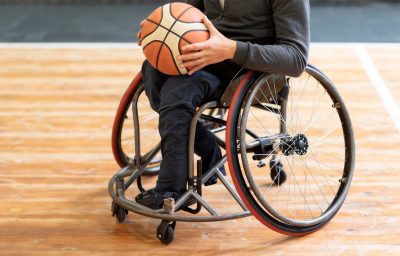The International Olympic Committee (IOC), the International Paralympic Committee (IPC) and the Organising Committee of the Olympic and Paralympic Games Tokyo 2020 (Tokyo 2020) began publishing the third and final editions of the Tokyo 2020 Playbooks on 15 June (Tuesday).
These comprehensive guidelines, which are a key part of the overall countermeasures being put in place for the Games, provide extensive details for each key stakeholder group to help them complete their preparations for travelling to and arriving in Japan, their time at the Games, and their departure from Tokyo.
The Playbooks are the basis of the game plan to ensure that all Olympic and Paralympic Games participants and the people of Japan stay safe and healthy this summer. They have been developed jointly by Tokyo 2020, the IOC and the IPC in close collaboration with the Government of Japan and the Tokyo Metropolitan Government. They are based on the extensive work of the All Partners Task Force and collaboration with scientific experts and organisations from across the world. They also build upon the experience of International Federations and other sports organisers, which have delivered more than 430 major sports events since September 2020 with the participation of over 54,000 athletes. All these events were held safely for both the participants and the local population. Amongst them were six international events held in Japan in May this year.
Speaking after the launch of the Athletes and Officials Playbook, IOC Olympic Games Executive Director Christophe Dubi, said: “The Playbooks are the result of over a year’s close collaboration with leading scientific experts and institutions, sports organisations and our partners in Japan. We have also engaged with experts, who have subsequently commented on previous versions of the Playbooks. Now everyone knows the rules. It is crucial that the measures outlined in the Playbooks are respected in order to make the Games safe and secure for all Games participants, and the people of Japan.”
Colleen Wrenn, the IPC’s Chief Paralympic Games Delivery Officer, said: “After 15 months of detailed planning, involving a colossal team effort like no other seen in world sport, we are in a position to publish the third versions of the Playbooks for the Olympic and Paralympic Games Tokyo 2020. Since the postponement of the Games, thousands of hours of work, involving the world’s best minds from sport and health, have evaluated every single aspect of the Games and developed appropriate countermeasures to ensure they can take place safely, protecting all stakeholders and the Japanese people. With the Playbooks now ready, we will continue to work with our stakeholders so they fully understand the role and responsibilities they have for safe Games.”
Hidemasa Nakamura, Tokyo 2020 Main Operations Centre Chief, said: “The top priority of the Tokyo 2020 Games is safety, and the Playbooks are key to that objective. We have left no stone unturned in the preparation of this third edition, consulting extensively with experts in medicine, health and sport to formulate detailed and comprehensive safety measures in every aspect of the Games. From the outset, the development process has been collaborative and transparent, allowing us to refine all measures to the fullest extent.
“Everyone taking part in the Games wants to see that they are a success, and we know that all participants coming to Japan will arrive with a commitment to upholding the measures in the Playbooks and helping to ensure the safety of both their fellow participants and the people of Japan. I am confident that with everyone’s cooperation these Playbooks will have laid the foundation for safe and secure Games.”
While the Playbooks do not require vaccination for the Games participants, it is a strong additional protection for everyone that over 80 per cent of residents at the Olympic and Paralympic Village, and a high percentage of other Games participants coming to Japan, are expected to be vaccinated. This will include between 70 and 80 per cent of broadcasters and accredited press that will be vaccinated, according to the latest feedback received by the IOC.
In addition, even if the Olympic Village residents are vaccinated, it is ensured that they will not have close contact with the general Japanese population. On top of this, thanks to the help of Pfizer BioNTech, the efforts of the IOC and the Government of Japan led to the provision of vaccine doses for 40,000 Games participants from Japan, which are in addition to the current vaccination supply in Japan. All these measures together will greatly contribute to the safety of the Japanese people and all Games participants.
One of the key updates to the third version of the Playbooks relates to additional details on compliance. During the International Athletes’ Forum and in consultation with the National Olympic Committees, there was a strong commitment from the athletes and teams to follow the rules laid out in the Playbooks. However, while the emphasis remains on education, prevention and relying on all stakeholders and Games participants to follow the rules, tools and processes will be in place for situations of non-compliance. In this updated version, the range of potential consequences that the IOC (for the Olympic Games) and IPC (for the Paralympic Games) may impose have been included in order to provide some transparency to stakeholders and Games participants. Examples of such potential consequences include: warnings; temporary or permanent exclusion from the Games; withdrawal of accreditation; disqualification (with the consequences set forth in the Olympic Charter); and financial sanctions.
This updated version of the Playbooks highlights that there may also be measures or sanctions imposed by the respective organisation or the competent Japanese authorities in accordance with their respective rules and regulations.

